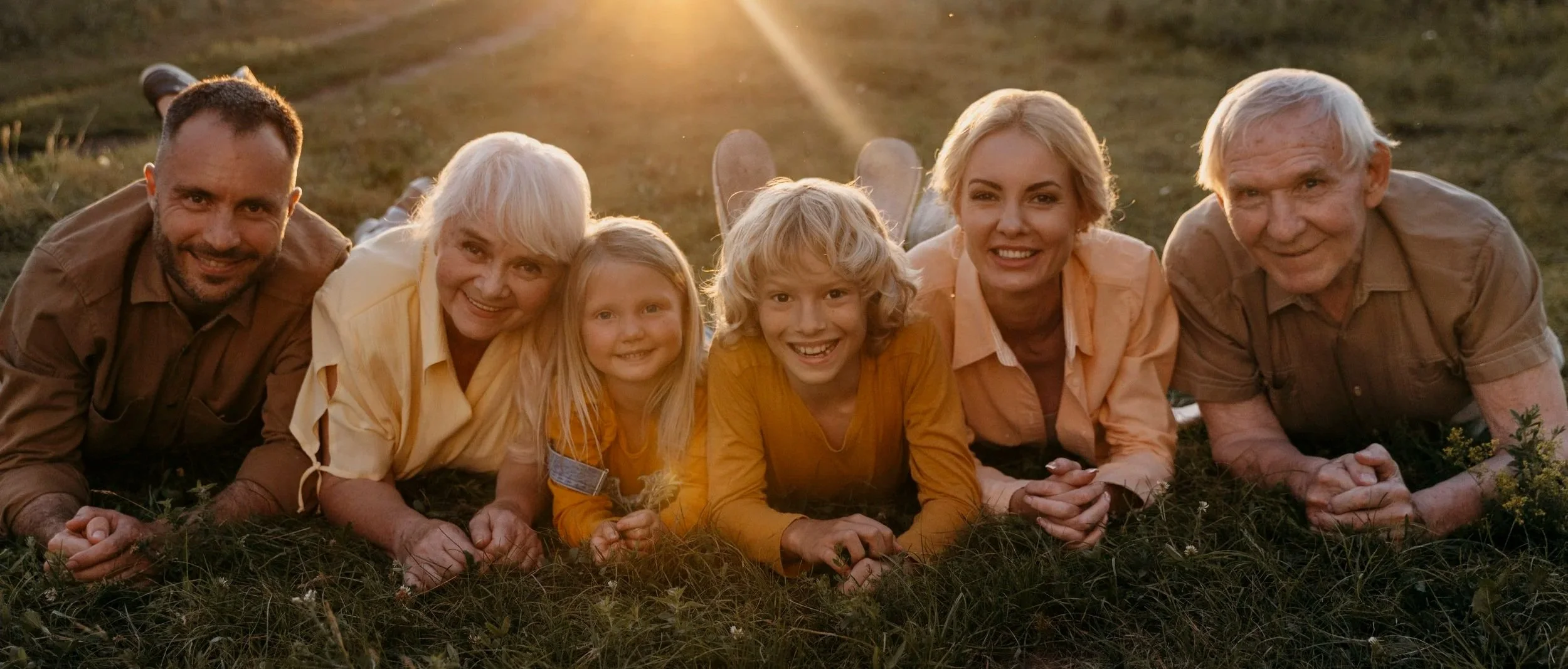Sagas, Vikings, and Equality: A Guide to Iceland's Unique Culture
Photo by Shadman Sakib
Imagine a place where medieval Viking sagas directly influence modern social progress and your last name reveals who your father or mother is, not a centuries-old family tree. This is Iceland—a nation of storytellers and innovators, where a rich history of resilience and honor has cultivated one of the world's most unique and equal societies. Forget everything you think you know about Vikings; let's dive into the real culture of the Land of Fire and Ice.
From Viking Ships to Modern Parliaments
Iceland's story begins in the 9th century when Norse explorers and settlers, primarily from Norway, crossed the rough North Atlantic. They weren't just warriors; they were farmers, explorers, and storytellers who established a unique society and one of the world's oldest parliaments, the Althing, around 930 AD. This foundational history is meticulously documented in the Icelandic Sagas. These aren't just dusty old books; they are epic tales of life, love, conflict, and honor that form the bedrock of the Icelandic identity, instilling a fierce sense of independence and resilience that you can still feel in the culture today.
What's in a Name? The Patronymic System
One of the first things you'll notice in Iceland is the unique naming convention. Instead of family surnames passed down through generations, Icelanders use a patronymic (or increasingly, matronymic) system.
A man named Jón Einarsson has a son named Ólafur. Ólafur's last name will be Jónsson (Jón's son).
Jón's daughter, Katrín, will have the last name Jónsdóttir (Jón's daughter).
This system emphasizes an individual's direct lineage rather than a long family history, placing focus on who you are, not just where you come from. It’s a living link to the Viking Age and a fascinating cultural quirk in the modern world.
A World Leader in Gender Equality
This spirit of independence and fairness is perhaps best expressed in Iceland's modern social policies. For over a decade, Iceland has been ranked as the #1 country in the world for gender equality by the World Economic Forum. This isn't a coincidence. Strong female characters are prominent throughout the Sagas, exercising agency and authority in a way that was uncommon in other medieval literature. Today, this legacy translates into:
Shared parental leave for both parents.
High female representation in government and corporate leadership.
A society that actively strives to close the gender pay gap.
It's a progressive mindset rooted in a history where everyone had to be resilient and resourceful to survive the harsh Icelandic environment.
Celebrating Through the Seasons
Icelandic culture is also rich with vibrant traditions and festivals that light up the year, often in defiance of the long, dark winters. If you visit, you might experience:
❄️ Þorrablót: A midwinter festival (January-February) where locals celebrate their heritage by feasting on traditional Viking-era foods like fermented shark and boiled sheep's head. It's a true test of culinary courage!
🍃 First Day of Summer: Celebrated on the third Thursday of April, this public holiday marks the end of the long winter with parades and festivities, even if there's still snow on the ground.
🌤️ Verslunarmannahelgi (Shopkeepers' Weekend): The first weekend in August is the biggest party of the year, with Icelanders heading out of the cities for massive outdoor music festivals, most famously Þjóðhátíð in the Westman Islands.
Iceland is a land of stunning contrasts—where ancient Viking sagas live alongside progressive social policies and a fierce, independent spirit thrives amidst dramatic landscapes. It’s a culture that honors its past while boldly leading the way into the future. Intrigued by the Land of Sagas? Read our other blog posts to discover more fascinating global cultures!
#VikingHistory #IcelandicSagas #Folklore #ReykjavikMuseums #Language #SocialCulture
💡 Key Takeaways
Sagas: The Icelandic Sagas are foundational texts that still shape national values like independence and honor.
Naming System: Iceland uses a patronymic/matronymic system (last name derived from a parent's first name, e.g., Jónsson or Jónsdóttir).
Gender Equality: Iceland has been ranked number one globally for gender equality for over a decade.
Festivals: Modern Iceland celebrates its heritage with unique events, such as the Þorrablót midwinter feast and massive summer music festivals.



